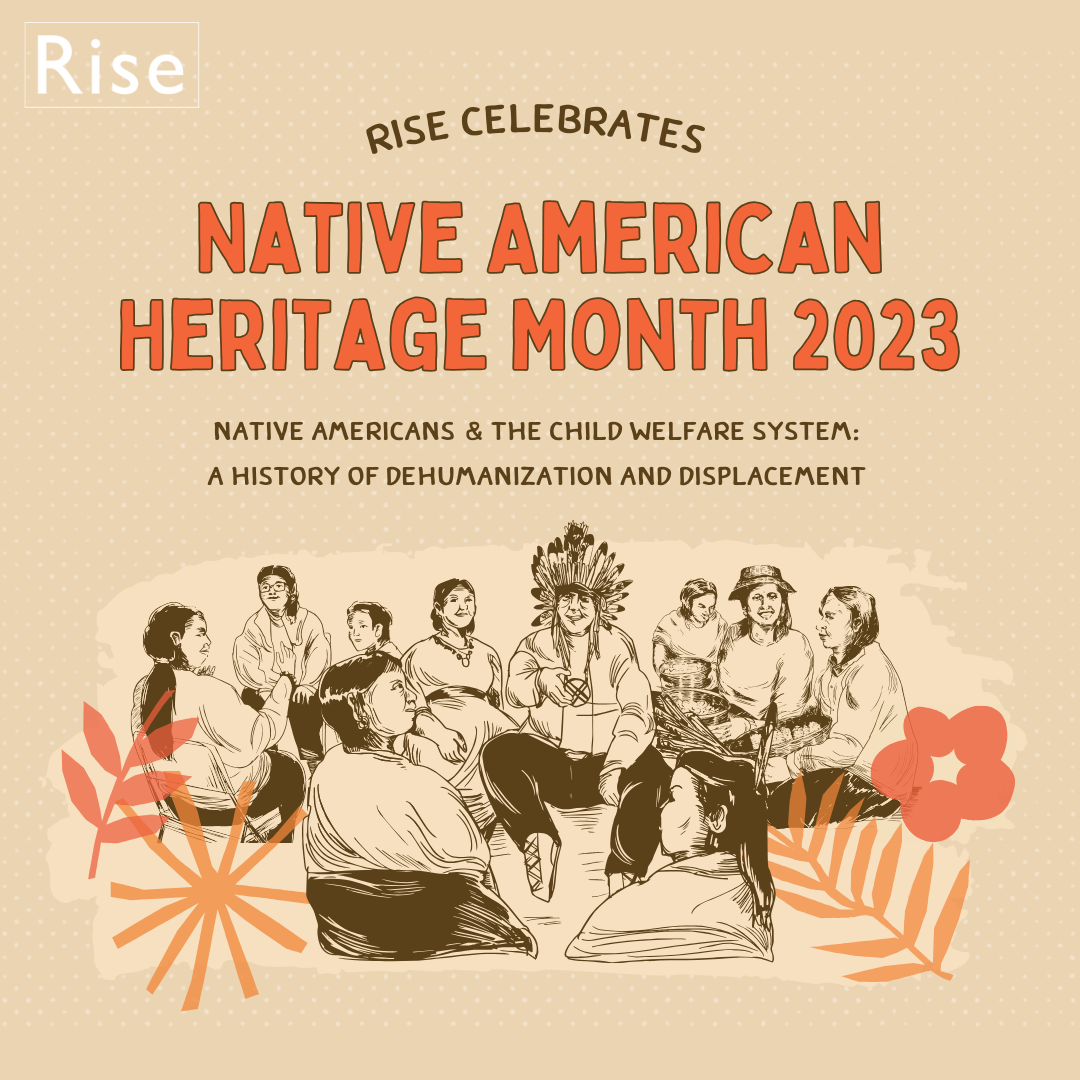
On August 3, 1990, November was declared Native American Heritage Month, acknowledging the original inhabitants of the American land. But it didn’t start there – in 1976, Cherokee American, Jerry C. Elliott (High Eagle), a physicist known for his contributions as the lead retro fire officer (flight control) of the Apollo 13, authored congressional legislation for Native American Awareness Week from October 10th to 16th. The first of its kind, it was signed into law by President Gerard Ford.
Long before Europeans’ arrival to the U.S., Native Americans were living on and cultivating the land with Indigenous agricultural knowledge, such as the famous “Three Sisters” (beans, squash, and corn) until they were violently uprooted by white settlers.
In 1830, President Andrew Jackson, who was very patronizing of Native people and described them as children in need of guidance, signed the “Indian Removal Act.” This forced Native Americans to give up their land east of the Mississippi and move out west. Known as the “Trail of Tears,” approximately 100,000* Cherokee, Creek, Chickasaw, Choctaw, and Seminole people, including some enslaved Africans, were displaced between 1830 and 1850 in this act of ethnic cleansing, with many dying from disease and starvation. The United States didn’t stop there, however, with many Native children being stolen and forced to attend residential schools, furthering severing them from their cultures and families, where they were sexually, mentally and physically abused for speaking their Native languages and embracing any part of their identity linked to their tribes.
In the 1970s, the Indigenous peoples’ self-determination movement in the United States brought attention to a serious crisis within native communities – indigenous children were being taken from their families, territories, and nations. Surveys completed by the Association of American Indian Affairs in 1969 and 1974 indicated that between 25 to 35% of all Native children were separated from their homes and living either in foster care, adoptive care, or institutions at the time. To help combat this, the Indian Child Welfare Act of 1978 was created to protect Native children from forced removal from their families and tribes, a practice that became prominent in an attempt to distinguish Native people from their cultures and place the children with white families to force assimilation into white culture.
As we know, poor, Black and brown families are often disproportionately targeted by the “child welfare system,” separating families instead of providing them with the resources and support that they need. The system weaponizes their power and threatens removal of children as a punishment to what they perceive as unfit parenting which is often a result of poverty (lack of food, crowded homes, lack of childcare, etc), leaving families with lifetimes of trauma and harm. These connotations of Black and brown parents being unfit stemmed from slavery, were rampant in the 80s (“Welfare Queen”) and these stereotypes continued to be imposed.
Similarly to Natives, it is the white-led systems that are shaping what is deemed acceptable parenting and behavior and so whatever strays from that should be punished and eradicated. Marginalized groups continue to suffer at the hands of white systems and power figures but here at Rise, we envision a world where children and families are safe and protected and have community resources to overcome hardships.
*Note: Although 100,000 is based on official tribal and military records, the true toll is estimated to be much higher.
For more information:
- “Indian Removal.” PBS, Public Broadcasting Service, www.pbs.org/wgbh/aia/part4/4p2959.html.
- Simon, Theodora. “Native Families’ Right to Stay Together Is at Stake at the Supreme Court: ACLU.” American Civil Liberties Union, 24 Feb. 2023, www.aclu.org/news/racial-justice/native-families-right-to-stay-together-is-at-stake-at-the-supreme-court.
- Gonnella Frichner, Tonya. “The Indian Child Welfare Act: A National Law Controlling the Welfare of Indigenous Children” UN. https://www.un.org/esa/socdev/unpfii/documents/The%20Indian%20Child%20Welfare%20Act.v3.pdf
- Michael Fitzgerald, Madison Hunt. “Dorothy Roberts’ New Book Calls for Foster Care ‘Abolition.’” The Imprint, 2 May 2022, imprintnews.org/child-welfare-2/dorothy-roberts-new-book-calls-for-foster-care-abolition/64727
